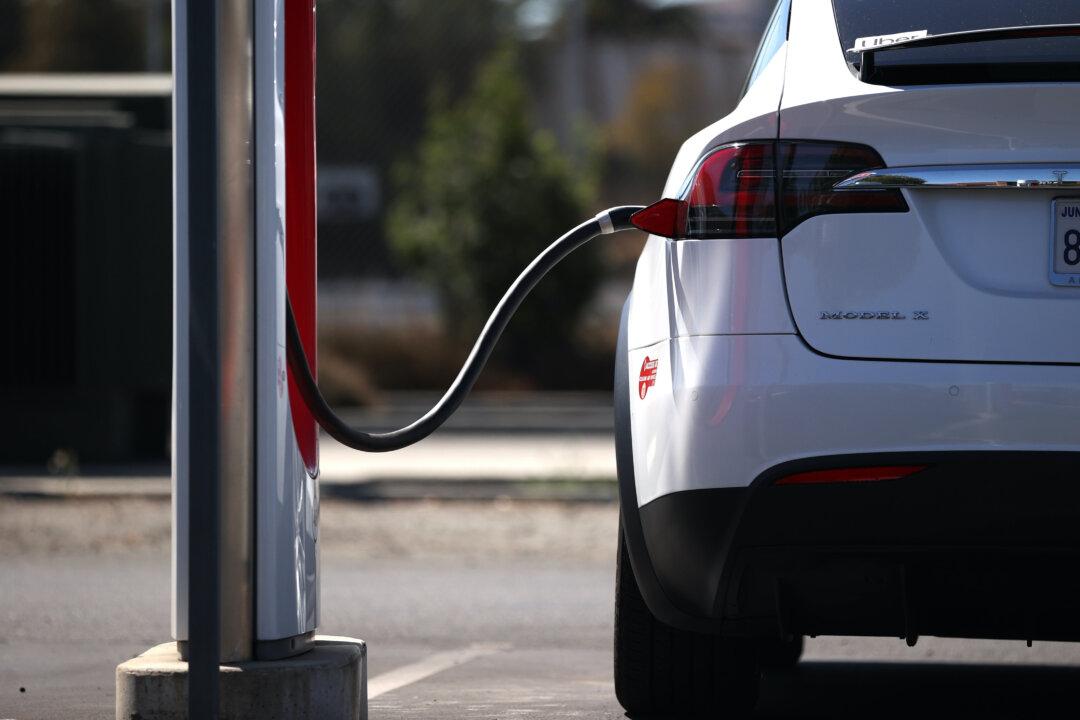A Tesla Model S burst into flames on Saturday afternoon in California while driving on Highway 50, causing two eastbound lanes to close, officials said.
The electric vehicle was traveling at “freeway speeds” when its battery compartment “spontaneously” caught fire, the Sacramento Metropolitan Fire District said on Twitter. The incident happened around 3:41 p.m.





